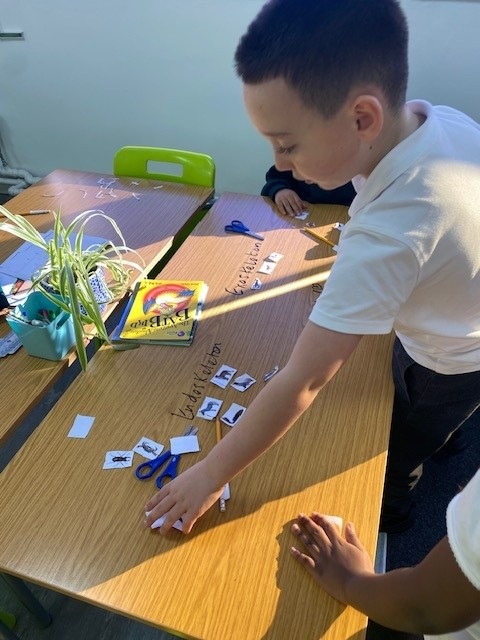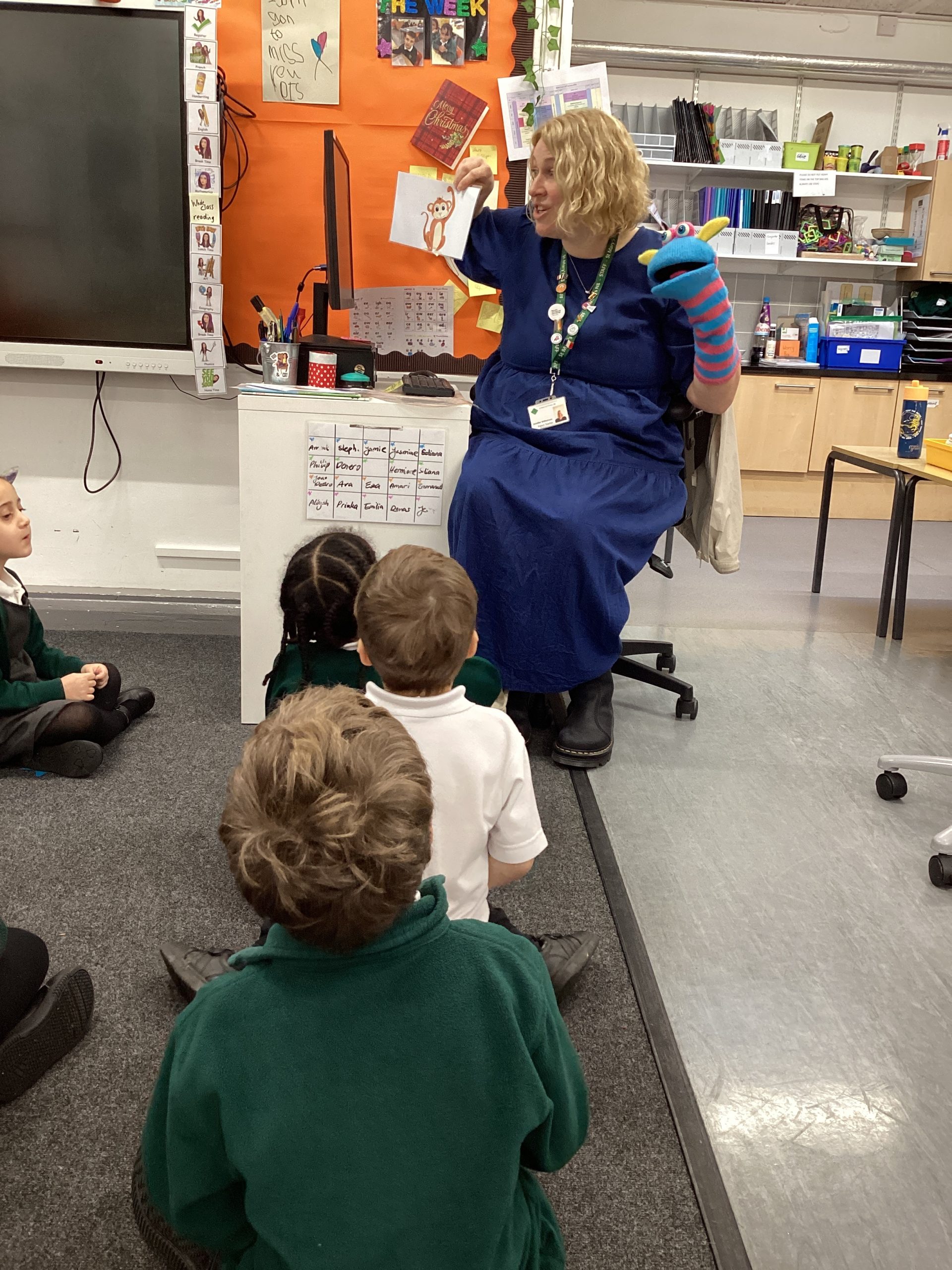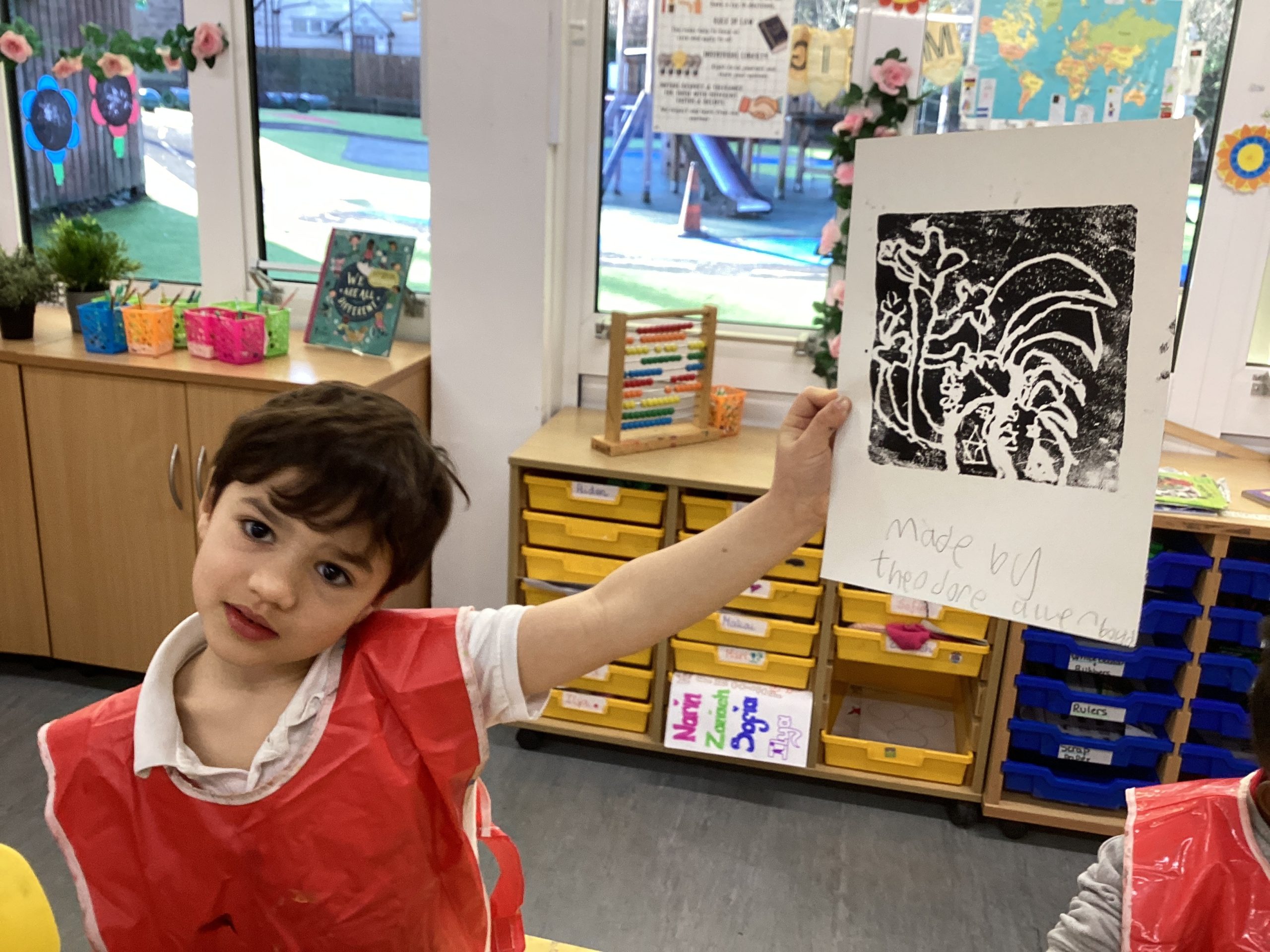Curriculum
Curriculum Overview
Curriculum Overview
Our curriculum has been designed to reflect the background and experience of our children; it is outward facing, setting learning in local, national and global contexts wherever possible; it also celebrates our diverse and inclusive school family. This in turn supports our children to aspire, flourish and achieve well so preparing them for life in an ever-changing world.
Our Curriculum Policy & Structure
Our curriculum policy reflects the requirements of the National Curriculum programmes of study, which all maintained schools in England must teach. It also reflects requirements for inclusion and equality as set out in the Special Educational Needs and Disability Code of Practice 2014 and Equality Act 2010. In addition, it acknowledges the requirements for promoting the learning and development of children set out in the Early Years Foundation Stage (EYFS) and Development Matters frameworks.
You can download a full copy of our Curriculum Policy below.
Curriculum Intent:
Our school vision, supported by our Christian values of ‘Friendship, Compassion, Hope, Wisdom, Community and Endurance’ is essential to the way that we treat each other as well as our approach to our school’s curriculum.
Jesus said: “Love one another as I have loved you” (John 15:12), and our school vision statement is:
As we love, we flourish
As we flourish, we aspire
As we aspire, we achieve
Together, we are a family
This vision underpins our school curriculum and is key in nurturing, preparing our children for their lives ahead. The curriculum that we provide has been designed to reflect the background and experience of our children; it is outward facing, setting learning in local, national and global contexts wherever possible; it also celebrates our diverse and inclusive school family. This in turn supports our children to aspire, flourish and achieve well so preparing them for life in an ever-changing world.
We also aim to continually develop a curriculum that meets the needs of every child whilst offering them opportunities to experience, enjoy and succeed in all subject areas. We believe strongly in the importance of mastering basic key skills such in reading, writing, speaking & listening and numeracy and on the importance of developing a wide vocabulary as these form the foundation for success in all other curriculum areas and thereby supports children to make good progress which in turn facilitates success in later life.
At St Mary’s we are also committed to ensuring that we:
- provide a broad and balanced education for all children that is coherently planned and sequenced towards the cumulative acquisition of knowledge and skills for future learning and success at secondary school and beyond.
- enable children to develop knowledge, understand concepts and acquire skills, and the ability to choose and apply these in relevant situations.
- support children’s spiritual, moral, social, cultural development and wellbeing
- promote fundamental British values.
- support children’s physical development and responsibility for their own health, and enable them to be active.
- promote a positive attitude towards learning.
- ensure equal access to learning for all children, with high expectations for every child and appropriate levels of challenge and support.
- equip children with the knowledge and cultural capital they need to succeed in life.
- provide children with an inspiring and enquiry based curriculum to promote creativity and a thirst for learning.
The scope and structure of our school’s curriculum matches and often exceeds the breadth of the national curriculum. This means that our school’s curriculum is sufficiently challenging for all of our children, where the very vast majority successfully achieve national curriculum endpoints.
The breadth of our broad and balanced curriculum is not just about the timetabled subjects; it is also about every child’s holistic experience of school. This incudes for example, the ‘hidden curriculum’, such as access to extra-curricular cultural capital activities, trips, understanding how to positively and confidently interact with others, demonstrating tolerance and respect of others and understanding the importance of having good physical and mental health and wellbeing.
Our school curriculum across all subject areas has been coherently thought through and designed. The component planning and sequencing within each curriculum subject area, which draws on our children’s prior learning and knowledge, successfully supports our children’s readiness for future learning.
Curriculum Implementation:
All staff will ensure that the school curriculum is implemented in accordance with this policy – see download section below.
Curriculum Structure:
School leaders are committed to creating a cross curricular approach to learning and teaching with a focus on the development and mastery of basic skills in reading, writing, speaking & listening, vocabulary acquisition and the four number operations at age and stage appropriate levels. The curriculum is regularly reviewed to best fit the needs of our learners.
Year group curriculum maps provide an overview of subjects and units covered across an academic year. Half Term plans map out weekly objectives covered week by week of subjects being taught each half term. We use a range of resources to support the delivery of the national curriculum objectives – please see individual subject pages for specific curriculum maps for subjects and more information about teaching and learning in that subject.
Weekly plans are developed for Early Years Foundation Stage in both nursery and reception year groups. Here, more detailed learning objectives, skills and knowledge are provided for each session. The weekly plans also identify key resources, questions, and differentiation activities according to prior learning experiences, children’s needs and informed by ongoing assessment.
Downloads
Please see below Year Group Curriculum Maps for each year group. See subject pages for individual subject maps.











